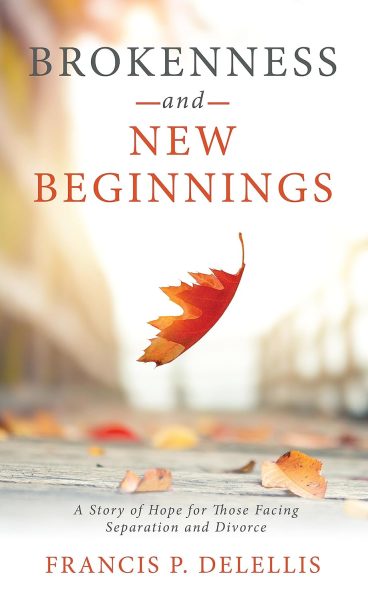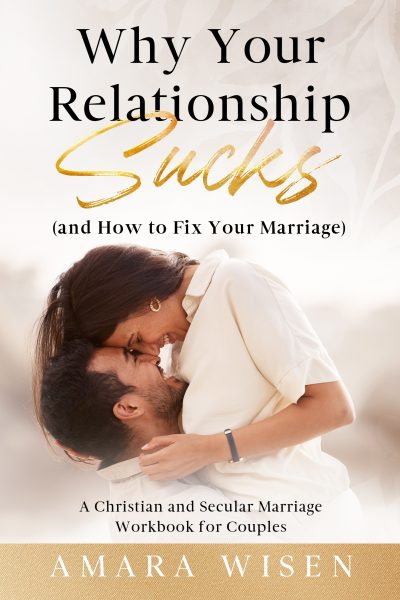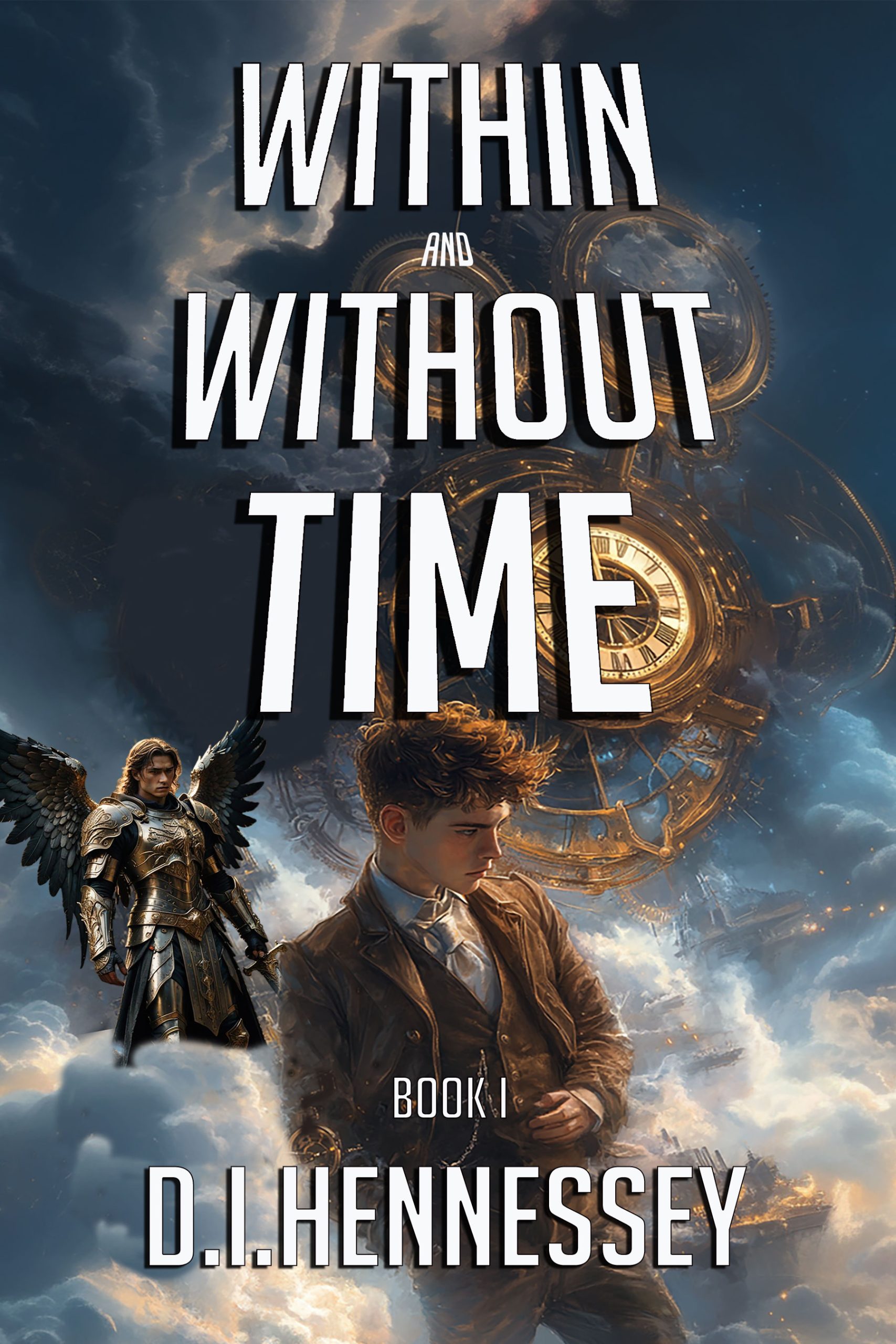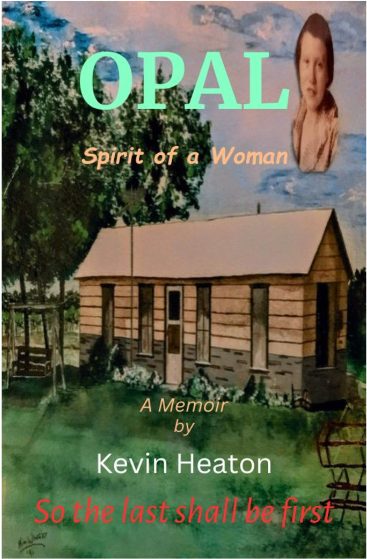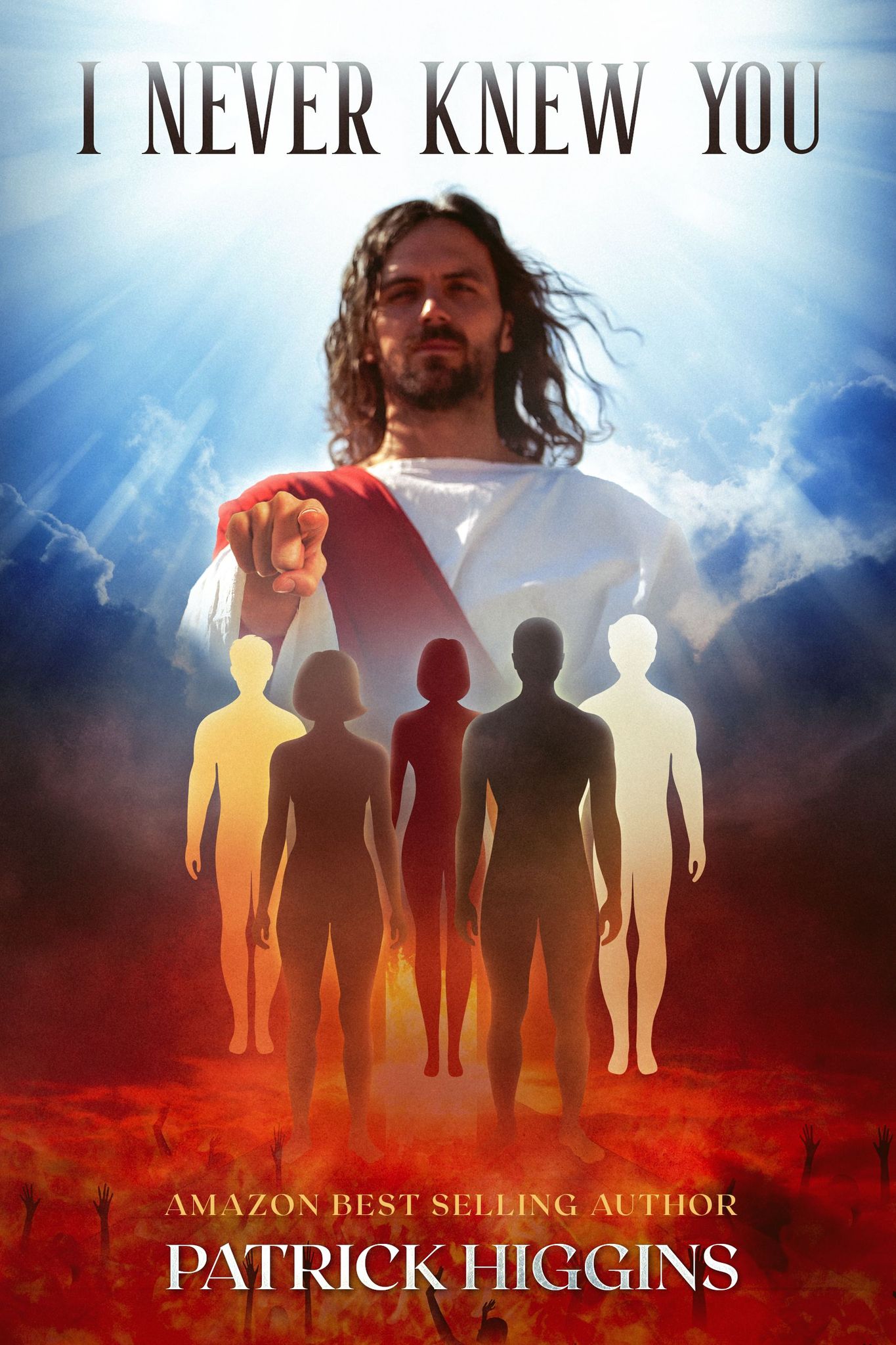An unequally yoked marriage is not God’s ideal union. However, the Word says we are not to leave our marriage except under very specific circumstances. Yet, serving Christ causes friction. Is happiness possible? Can one have a healthy, yet unbalanced relationship?
After a devastating divorce to a nominal Christian, the author fell away from faith. When she later returned to Christ after marrying her second husband, she tried everything to save him, but her efforts only created more resentment. Eventually, she turned to the Bible to study how to give God the reins to her marriage.
Now married for thirty-two years to the same unbeliever, the author shares her secrets of spiritual survival to give you the courage to be a Christian witness within your agnostic or atheistic family.
Develop your spiritual backbone, give God the room to work in your home and learn how to have a happy home.
Also check out the accompanying guidebook linked to this book.
Written by: Miranda J. Chivers
How to buy the book:
Buy the Book Here
Author Bio:
This award winning multi-genre Canadian Christian author Miranda J. Chivers also writes fiction as MJ Krause-Chivers.
Her career history includes paralegal, social work and tourism. She and her husband share a blended family and two granddaughters. After an auto-immune disease ended her career, she began studying writing as a mental health tool. After blogging for several years, she decided to publish this timeless book on a subject she knew well.
These days, the author is writing a Christian fiction series inspired by her Mennonite grandparents and their escape from the Soviet Ukraine during the Russian Civil War. When she’s not writing fiction, she continues to write devotional content for the unequally yoked community.
The author and her husband live in Niagara, Canada.
Follow the author on social media:
Learn more about the writer. Visit the Author’s Website
All information in this post is presented “as is” supplied by the author. We don’t edit to allow you the reader to hear the author in their own voice.



